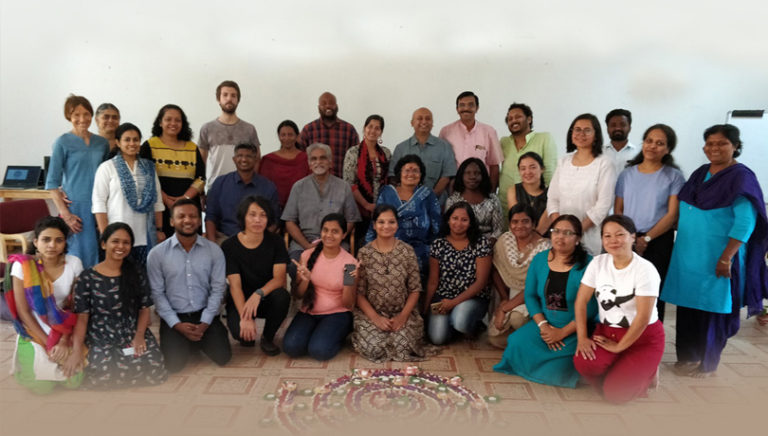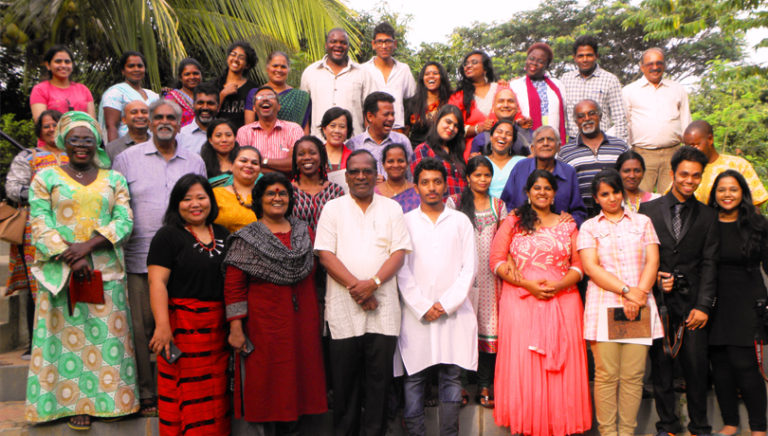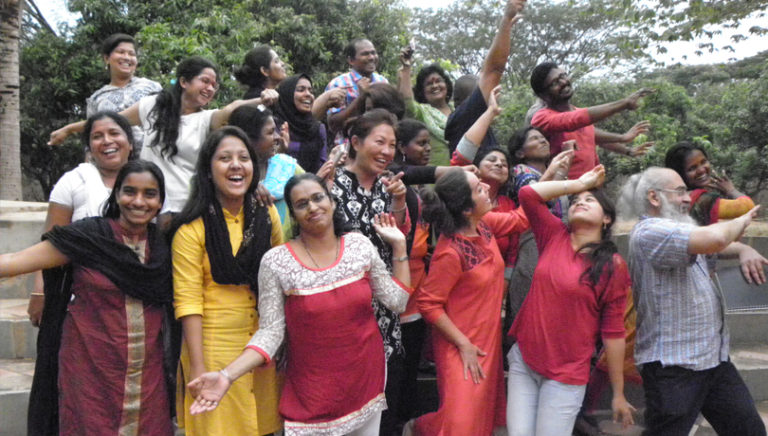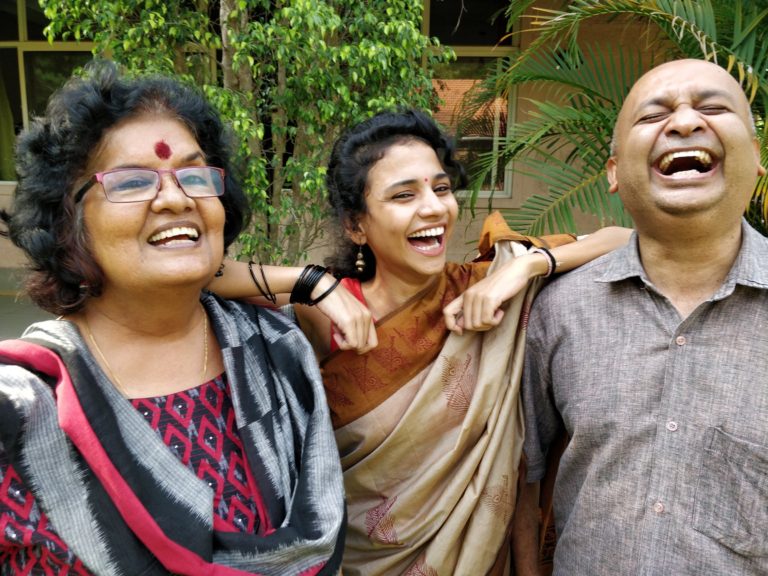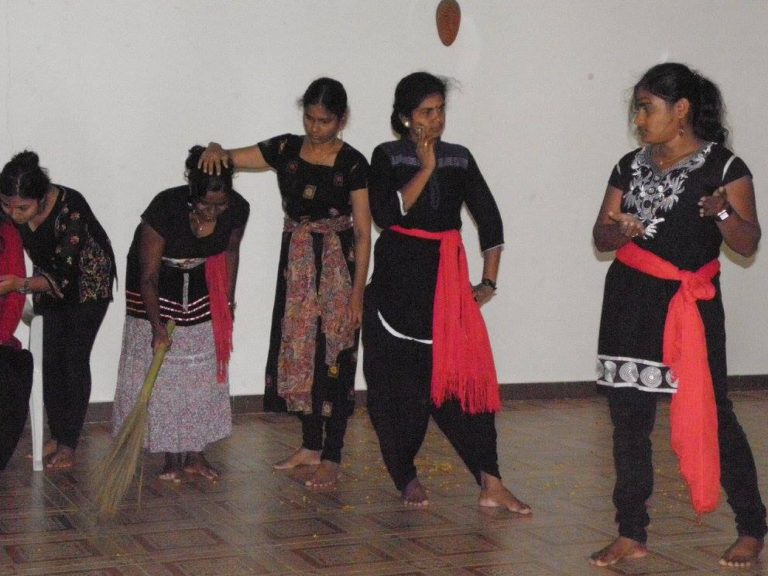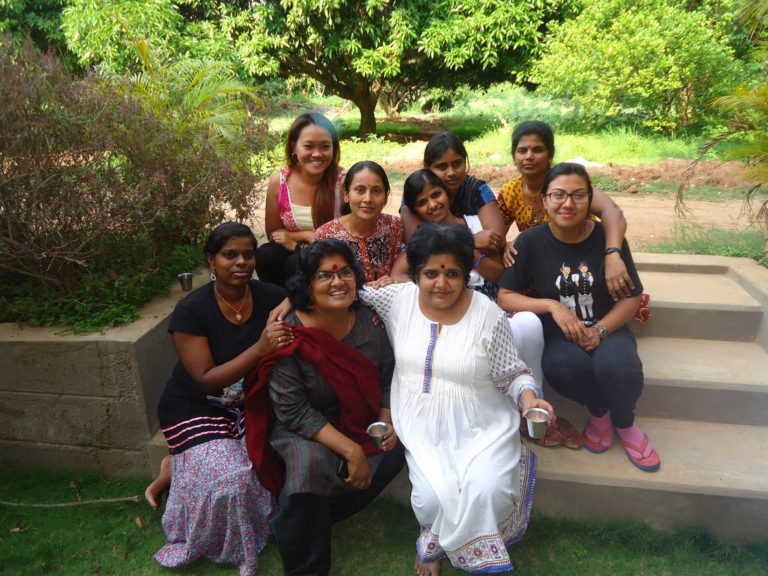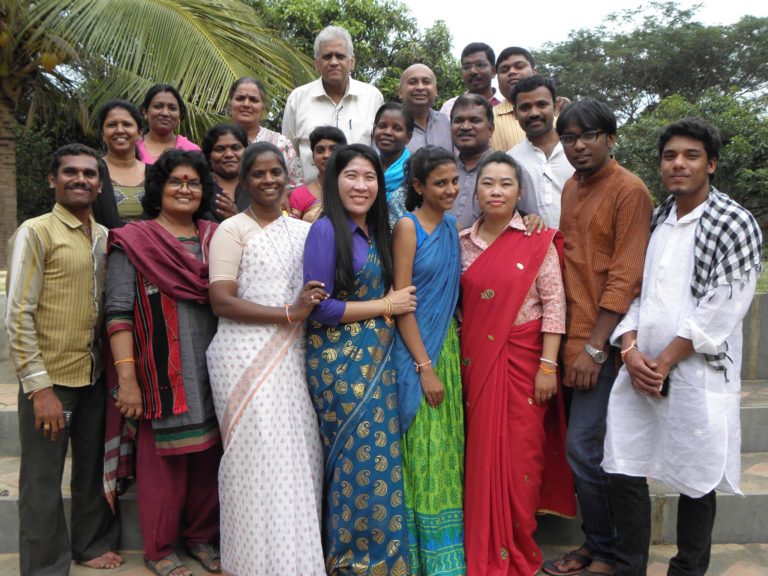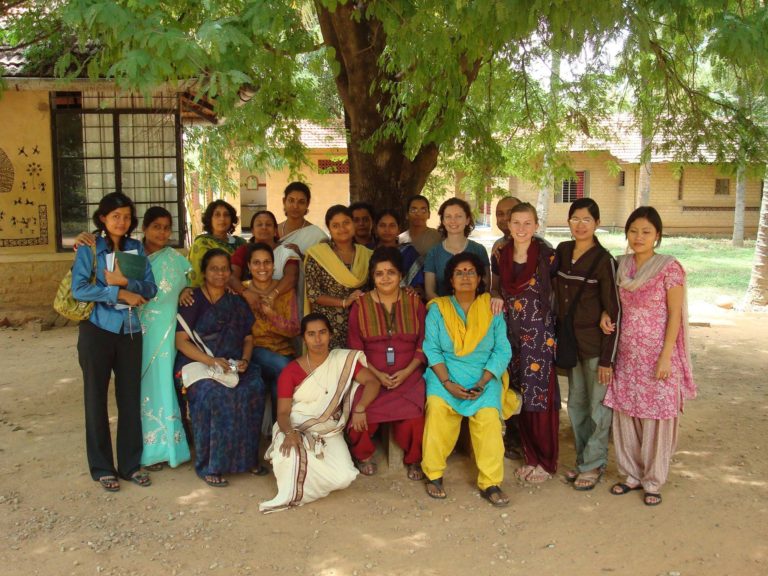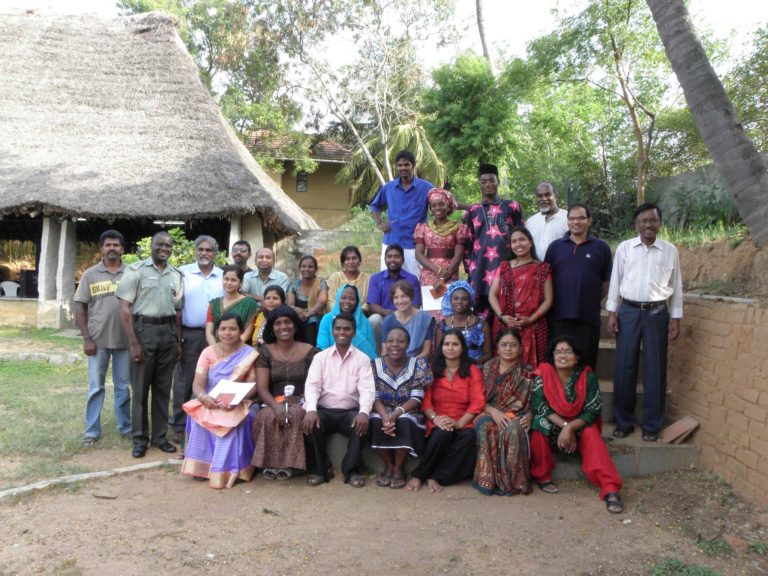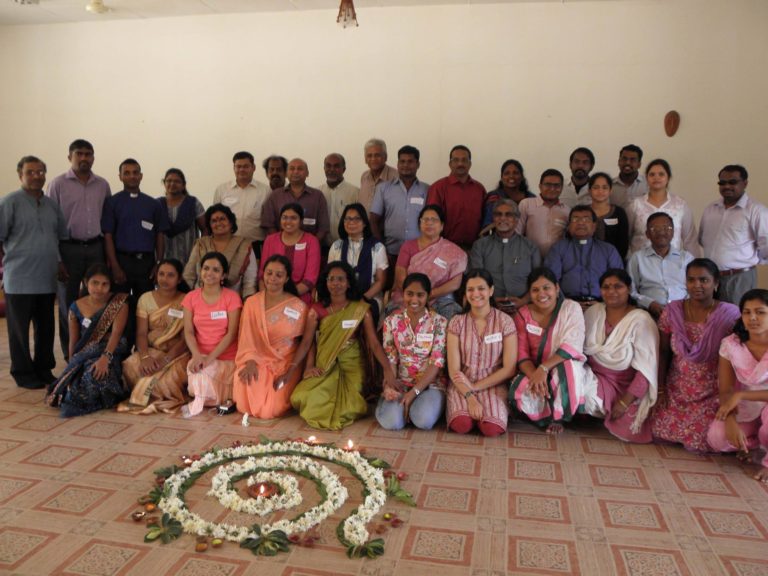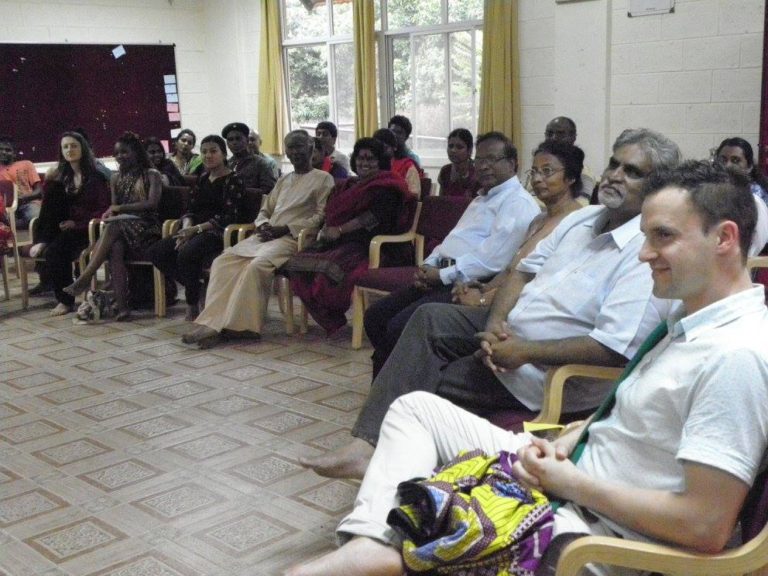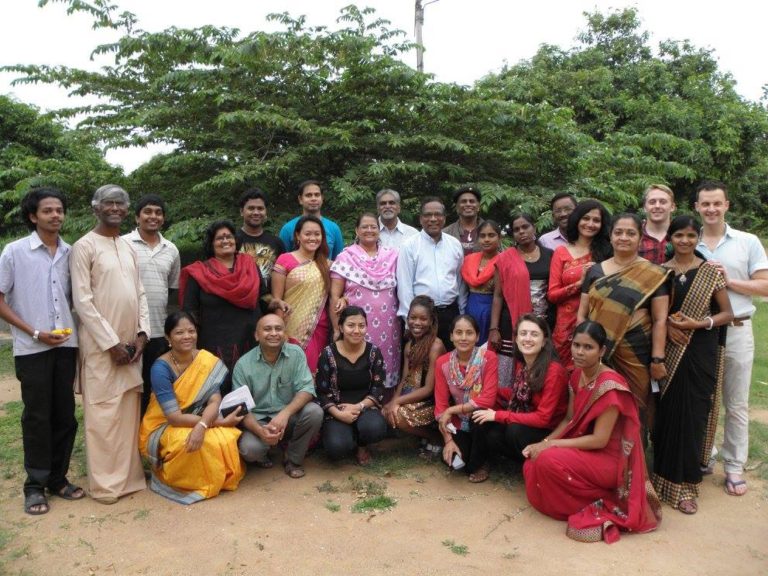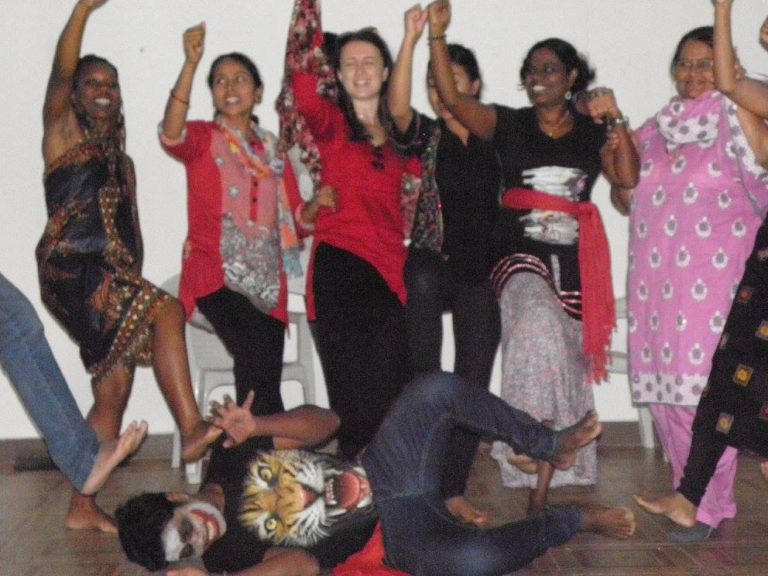0
You have 0 items in your cart
- Home
- About us
- Academy
- Projects
- Eco Initiatives
- Resources
- Public Lectures
- Publications
- Research
- At home at risk
- Voices from the Fringes: Experiences of female survivors of violence in shelter homes in Assam
- Beyond the Roof: An action-research study on women survivors of violence and shelter homes in Delhi
- A Refuge of Hope: Women’s Experience of Shelter Homes in South Karnataka
- Towards Re-visioning Shelter Homes
- Re-visioning Shelter Homes in Meghalaya
- In Search of a Dignity Restoring Safe Space (Tamil Nadu)
- Facilities
- Blog
- Events



